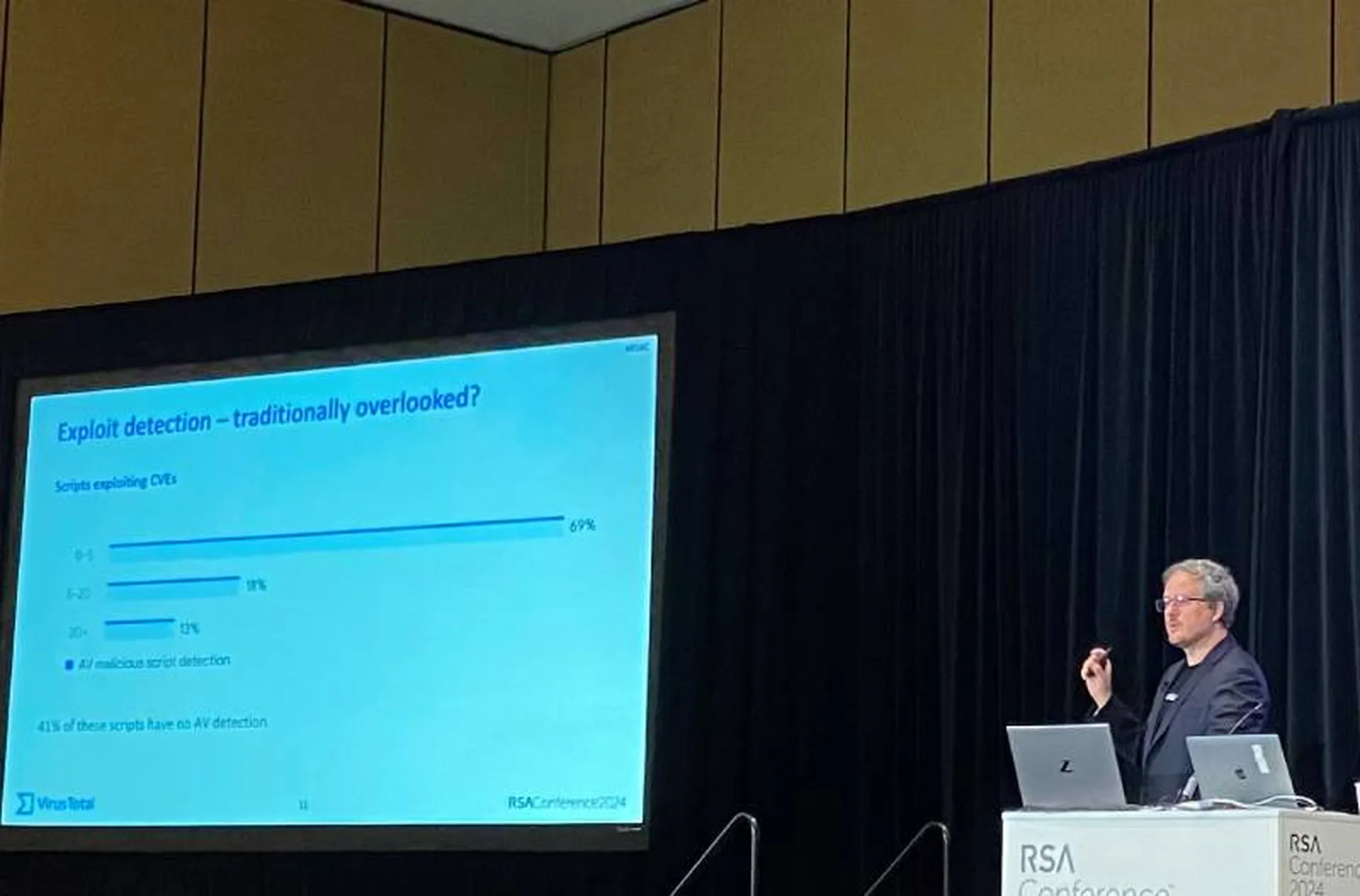Several Russian companies and individuals, including those engaged in cybersecurity and disinformation efforts aimed at the U.S. elections, have been sanctioned by the U.S. Department of the Treasury, according to The Record, a news site by cybersecurity firm Recorded Future.
Among the sanctioned entities is disinformation operator 0Day Technologies, which developed a botnet enabling large-scale coordinated inauthentic behavior, as well as leveraged a dashboard for creating inauthentic social media accounts in its operations.
Sanctions have also been imposed on Lavina Puls and Inforus CEO Andrey Igorevich Masalovich whose companies led the design efforts for Russia's "malign influence" tools. Lavina Puls' Avalance data collection and analysis tool was already reported by Intelligence Online to have been utilized in campaigns in Tajikistan and Azerbaijan.
"Over the past year, we have taken actions with a historic coalition of international partners to degrade Russias military-industrial complex and reduce the revenues that it uses to fund its war," said Treasury Secretary Janet Yellen.
Get daily email updates
SC Media's daily must-read of the most current and pressing daily news



